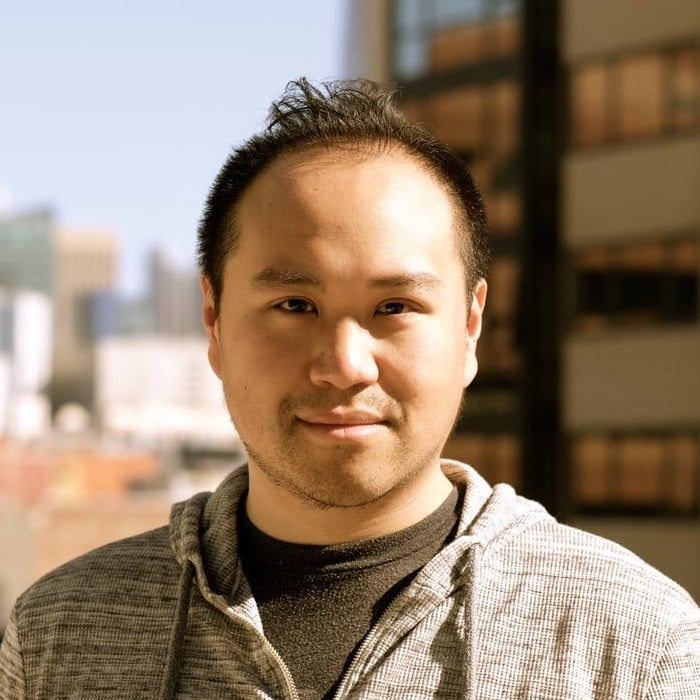Iterative Capital & Building the Entrepreneurial Community in Southeast Asia with Brian Ma

Fresh out of the studio, Brian Ma, partner at Iterative Capital and founder at Divvy Homes, joined us in a conversation on the current venture fund in Southeast Asia and shares his perspectives on how the fund is building their entrepreneurial community in Southeast Asia. We dived deep into the beginnings of Brian's career and how both his co-founder, Hsu Ken Ooi and he set up the venture firm and accelerator in the middle of the COVID-19 pandemic. Last but not least, Brian shared his perspectives on the Southeast Asia landscape and what great means for Iterative Capital moving forward.
"So literally we have this planned out, we have a ten-year plan and in ten-year plan, we want to be able to deploy about $2 billion in AUM. We think it's possible to fund a lot of companies in the early stages for all emerging markets. All those emerging markets have the same problem, which is there in this phase of rapid economic development, tons of founders wants to come out. So we want quite a lot of capital into seed stage companies." - Brian Ma
Introduction
- Brian Ma, Partner & co-founder at Iterative Capital | Founder at Divvy Homes (@zealoustiger , Linkedin)
- How did you start your career?
- Given that you have been a co-founder of various start-ups: Decide.com acquired by Ebay, Weave Networking and then Divvy Homes, what are the common threads that you can draw in how you think about starting up and building these companies?
- What are the interesting career lessons you can share with my audience?
Iterative Capital and Building the Entrepreneurial Community in Southeast Asia
- What is the inspiration behind Iterative Capital and why have you geared your investment thesis to Southeast Asia?
- How did you assemble the initial team to set up Iterative in Southeast Asia?
- What are the leading indicators that the Iterative team index in both founders and their startups?
- Reversing the question, what are the red flags which you will look for not to invest?
- What are the key categories or industry verticals that Iterative Capital invests in?
- How does Iterative Capital operate as an accelerator and venture capital fund for startups in the region?
- How do you work with the startups and what is the process to help them to prepare for the demo day?
- You started the first cohort from Summer 2020 right in the beginning of the pandemic and ran about 4 cohorts till winter 2022. What are the highlights for Iterative and what have you achieved so far?
- What did not work for Iterative Capital and what would you have done differently?
- What distinguishes Iterative Capital differently from the rest of the accelerators in the market?
- We are seeing more and more Southeast Asia startups going to YCombinator in Silicon Valley and getting valuation premium from the local venture capital firms. What do you think about the ongoing change in the accelerator and venture capital landscape as they are also changing?
- What do you think about the founders in Southeast Asia vs what you have seen in Silicon Valley?
- Unlike the US market, geographic expansion is not a simple exercise as the infrastructure from payments to logistics differs from country to country, what will be the playbook to help the startups expand across the region?
- What does great look like for Iterative Capital?
Closing
- Any recommendations that have inspired you recently?
- Brian's recommendations: Exploring the discord channels and materials on Web3.
- How can my audience find you?
Author's note: Bernard is currently an investor in CoderSchool thru the XA Network which is incubated earlier by Iterative Capital and my wife's startup, Esevel is in the current batch of startups under Iterative Fund.

